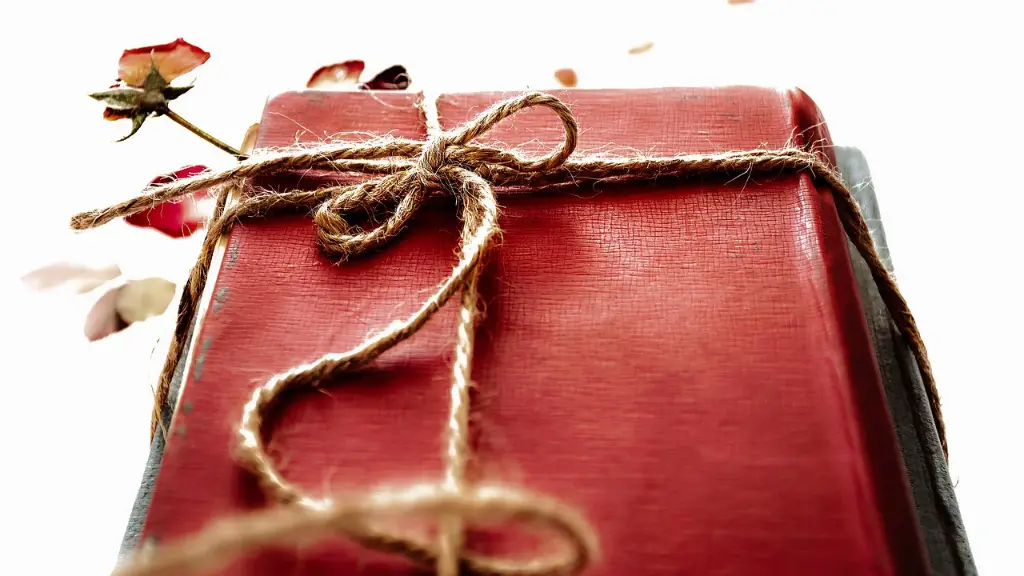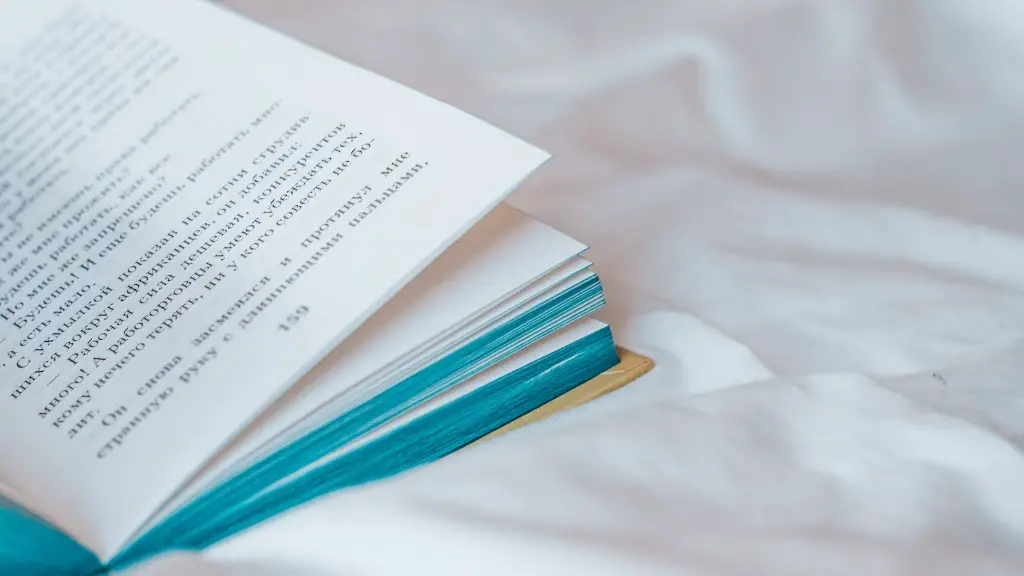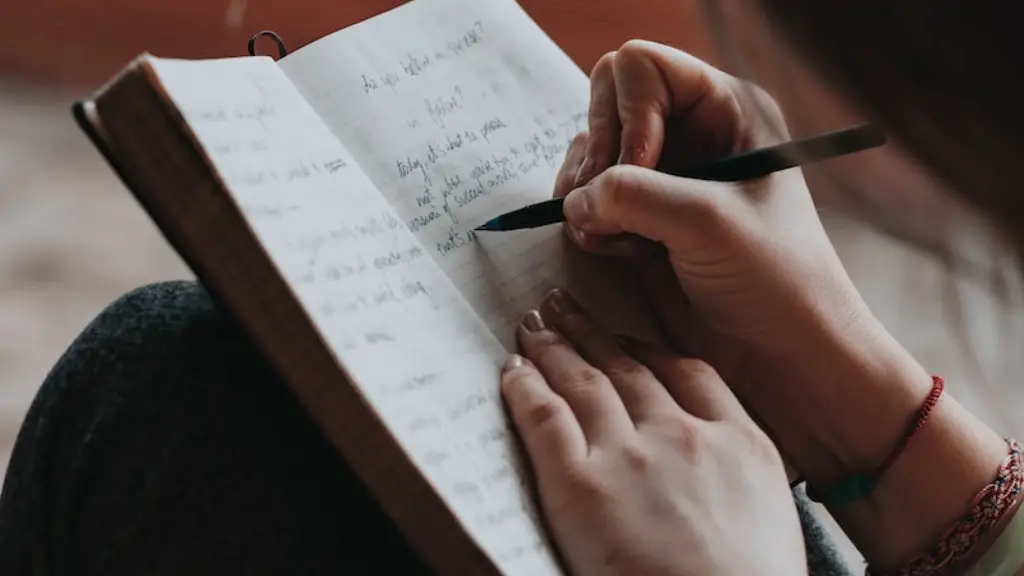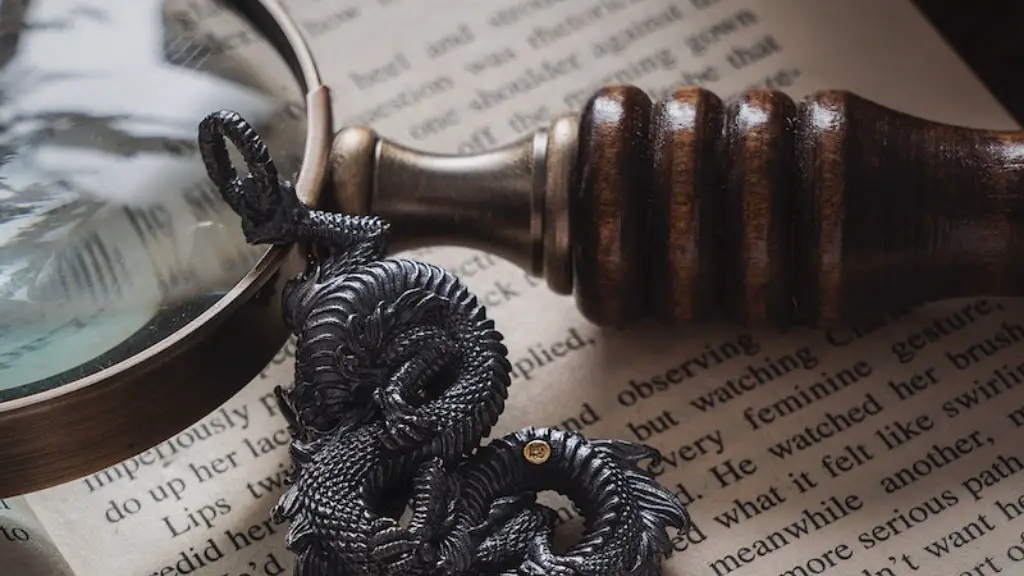Modern poetry is a type of literature that is less formal than traditional poetry and is often created to evoke emotion. It can be a form of self-expression or the expression of a particular thought. Through verse, it can explore difficult and complex topics that people have difficulty talking about. Some of the common features of modern poetry include a focus on using imagery, subjective content, and more unconventional syntax.
One of the defining characteristics of modern poetry is its ability to express a variety of human emotions. It can be dark, sad, angry or hopeful and can reflect a person’s inner turmoil or a shared experience with someone else. By conveying the beauty and complexity of human emotion in verse, modern poetry helps readers to gain insight into how others may be feeling, which can increase emotional understanding.
Modern poetry also often focuses on images and symbols. Writers can use vivid imagery to depict a feeling, thought, or emotion. Imagery can be a powerful tool, as it can allow readers to connect in powerful ways with the words that are being written. Symbols and metaphors can also be used to convey underlying meanings or provide insight into a difficult topic.
Unlike traditional poetry, modern poetry may use unconventional grammar and syntax. By breaking the rules of grammar, writers are able to create something that allows them to express their thoughts and feelings more freely. Moreover, writers may use unconventional spellings, punctuation, and forms that differ from traditional poetry. By breaking the rules of traditional poetry, writers are able to express complex thoughts and feelings that may be challenging to communicate in traditional forms of verse.
Though modern poetry is often considered less formal than traditional forms of poetry, it does still have its own rules and conventions. Many modern poets abide by the same general rules of traditional forms but can experiment with language and imagery to create something unique and meaningful. Though there may not be a definite answer as to what modern poetry is, there are certain features and characteristics that can help writers identify a piece of modern poetry and distinguish it from more traditional forms.
Similarities and Differences with Traditional Poetry
Despite certain differences, there are also many similarities between modern and traditional poetry. Many modern poets still adhere to certain conventions of traditional forms. For example, many use rhyme, meter and other poetic instruments as building blocks in their work. An understanding of traditional form is often necessary for a poet to create a successful piece of modern poetry.
Modern poets also often utilize aspects of traditional poetry, such as symbolism, and draw on the language of traditional verse to express contemporary topics. Furthermore, modern and traditional poetry both rely on the use of language to express emotion and create a poetic experience for the reader. Despite these similarities, though, there are important differences between modern and traditional poetry.
One of the primary distinctions between traditional and modern poetry is the style in which the poem is written. Modern poetry is often less structured than traditional poetry, and is often written using more abstract language and metaphors. Additionally, while traditional poetry tends to be more structured and follows a certain rhyme scheme, modern poetry can be more fluid in structure and embrace a variety of styles.
Performance Poetry
Performance poetry can also be classified as a type of modern poetry. Performance poetry combines spoken word, music and other theatrical elements to create a powerful performance. By blending words with other artistic elements, performance poetry adds a new dimension to the language and often succeeds in conveying powerful messages to audiences. Performance poetry can also be used as a form of political activism, as it provides an effective platform for spreading important messages to the public.
Performance poets often perform their work in a variety of venues, such as clubs, festivals, fairs, and even street corners. There are also competitions held all over the world for performance poets and the genre has even been popularized by stars such as John Legend and Kanye West. By combining spoken word, music and art, performance poetry creates a powerful platform for artists to express themselves and their beliefs.
Popular Modern Poets
In the last few decades, modern poetry has seen an explosion in popularity. Many popular poets have emerged in a variety of genres, such as spoken word poetry, performance poetry and abstract poetry. Some of these popular poets include Robert Lowell, Sylvia Plath, Audre Lorde, T.S. Eliot, and Maya Angelou. Each of these poets has provided their own unique contributions to the field of modern poetry and has helped to shape the face of the genre.
In recent years, there has been a resurgence in the popularity of traditional forms of poetry. This new wave of poets has helped to bring traditional forms of poetry back into the public eye, while also incorporating aspects of modern poetry in their work. Some of these new wave poets include Amanda Gorman and Rupi Kaur. By merging traditional forms of poetry with modern techniques, these poets have helped bring a fresh perspective to the genre and reshaped the way we think about poetry.
Conclusion
Modern poetry continues to evolve and is constantly changing. It is reflective of the times we live in and can provide an avenue for self-expression and communication. Though modern poetry may not have the same rules and conventions as traditional poetry, it can be just as powerful and meaningful. By using imagery and unconventional syntax, modern poets are able to communicate their emotions in powerful and unique ways. Through modern poetry, readers can gain insight into the thoughts and feelings of others and connect on a deeper level.



